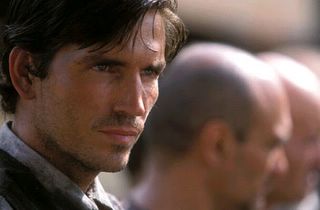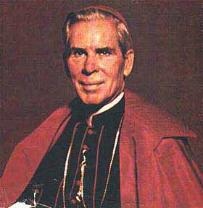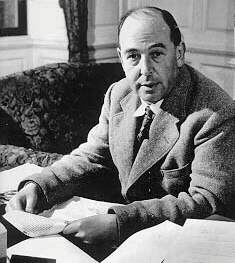
Jim Caviezel
"What was it like to play this role? Unquenchable fire. There was no comfort. There was no peace," the actor said. He explained how he had been whipped twice while filming the scourging scene that took seven weeks to shoot. The lashes left him breathless, in severe, shocking pain, and with a 14-inch welt that would become the model the make-up artist used to create the additional wounds on his body.
"The second strike came with such velocity that I tore the flesh on my hands and wrists, yanking them out of the chains. I tasted two lashes of the whip. Some mystics think Jesus may have endured more than 5,000 blows. This was no mere man."
During the five weeks taken to shoot the crucifixion, he experienced hypothermia from the blood-chilling November winds of Matera, Italy. The actor explained how the winds came up the canyon like "knives" as he hung on the cross, with only a loincloth for protection against the cold. The cross, which stood on the edge of the canyon, swung back and forth with the real possibility of snapping and dropping him into a nine-foot ravine, he said.
To warm him, large heaters were used. Unfortunately, the heaters burned his toes and melted the latex makeup, but if they weren't close enough, the winds just blew the hot air away from him. Caviezel would oftentimes go home and try to sleep in the makeup that otherwise took eight hours to apply. His legs cramped, his limbs convulsed, and the makeup all over his body itched. He inhaled fumes from the heater, he had one eye shut and the other hyper-focused, while the crown of thorns caused him severe migraines, he said. "You know I'm just an actor pretending this is happening to me. It helps you appreciate what Jesus actually did continuously for every one of us."
In addition to the pain and the exhaustion, he recalled how waiting on the cross between takes became tedious. To fight the boredom, he listened to music on headphones. One particular song called "Above All" by Michael W. Smith helped him through his most difficult moments.
"It arrived when I was confused and angry. I didn't think I could go on. The song described how Jesus was rejected and alone. That thought took me to a place - it opened an interior door that held me while on the cross," an emotional Caviezel explained. "The experience of feeling rejected and alone as all those around me laughed while drinking their hot coffees, oblivious to what was occurring. Jesus must have felt like this - forsaken, rejected, alone, and despised. It helped me pray in a very deep way - to pray without words, to pray from the heart. The discomfort, the loneliness, the split shoulder, the raw flesh all forced me into the arms of God because I had nowhere else to go for a performance I knew I was unable to create."
Caviezel emphasizes that anything good about his performance was born out of the fasting, the prayers, and the daily Masses.
"As I hung there I thought about all the twists of providence that brought me to that cross." The truth was that Caviezel had been chosen and he knew it had not been a coincidence.








